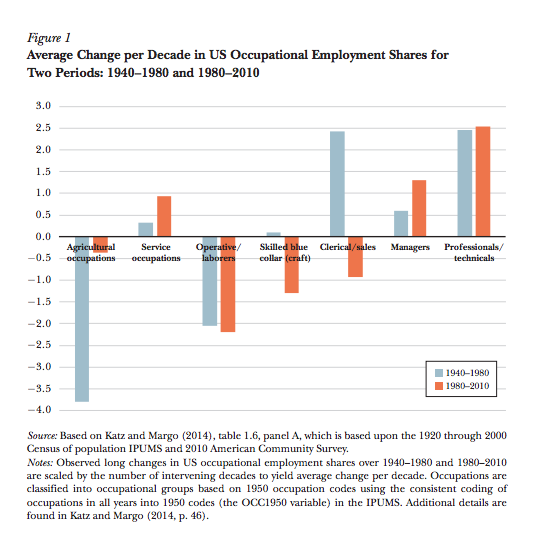Here is a headline for you to consider: "CDC Recommended that Migrants Receive Flu Vaccine, but CBP Rejected the Idea." Yet, with a different headline and presented in a different order, the same facts and even the same text would tell a different story.
This is how the story in the Washington Post by Robert Moore starts out:
As influenza spread through migrant detention facilities last winter, the Centers for Disease Control and Prevention recommended that U.S. Customs and Border Protection vaccinate detained migrants against the virus, a push that CBP rejected, according to a newly released letter to Congress.
In Washington, I guess that's what this story is about: a battle between agencies, political conflict, and, with any luck, a cover-up and a scandal. It's about power. And who will be blamed when the outbreak inevitably occurs.
